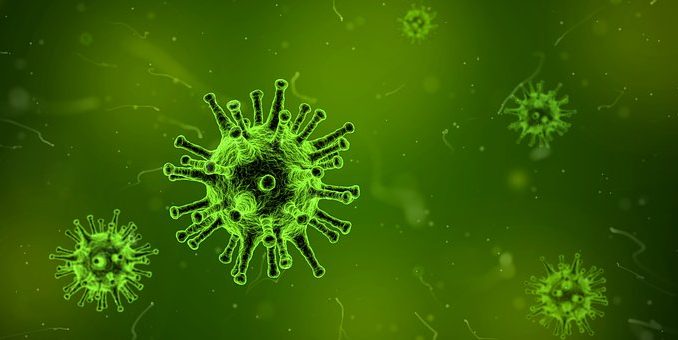
 Although some researchers feel a moral obligation to cure genetic diseases with DNA editing techniques such as CRISPR, others hesitate to embark on gene editing of human eggs, sperm and early-stage embryos(called germline editing) whose DNA changes can be passed on to future descendants. These practitioners feel that not enough is understood, and further research is critical for exploring the early development of embryos and fetuses. Such research would resurrect ethical questions about creating and destroying viable or non-viable fetuses, and the creation or termination of human life.
Although some researchers feel a moral obligation to cure genetic diseases with DNA editing techniques such as CRISPR, others hesitate to embark on gene editing of human eggs, sperm and early-stage embryos(called germline editing) whose DNA changes can be passed on to future descendants. These practitioners feel that not enough is understood, and further research is critical for exploring the early development of embryos and fetuses. Such research would resurrect ethical questions about creating and destroying viable or non-viable fetuses, and the creation or termination of human life.
One example of a lethal inheritable genetic disease, potentially curable through gene-editing, is Huntington’s disease, caused by a gene defect that will trigger a fatal brain condition even in someone with just a single copy of the gene. Gene editing could remove the defect from an egg cell to prevent the disease from being passed on to descendants. Some laboratories are working now, trying to edit egg stem cells to rid them of inherited genetic disease. The end-to-end process is multi-step, and would no doubt first be worked out in animals such as cattle, pigs, and rabbits.
 However, once the technology has been proven and ethical guidelines established, techniques such as CRISPR also open the possibility of gene editing for the purpose of human enhancement. Scientists are yet divided on the ethics of enhancing humans for reasons other than treating disease. Harvard University’s George Church, one of the founding developers of CRISPR, cites a list of about 10 genes, whose naturally occurring variants can confer extraordinary qualities or resistance to disease upon people born with these gene variants. One such gene variant can confer extreme hardness to bone, another can protect against Alzheimer’s by conferring mental clarity into old age, and one can drastically cut the risk of heart attacks. By providing people with favorable versions of genes, CRISPR gene edits could act like vaccines against some of the most common diseases we face today.
However, once the technology has been proven and ethical guidelines established, techniques such as CRISPR also open the possibility of gene editing for the purpose of human enhancement. Scientists are yet divided on the ethics of enhancing humans for reasons other than treating disease. Harvard University’s George Church, one of the founding developers of CRISPR, cites a list of about 10 genes, whose naturally occurring variants can confer extraordinary qualities or resistance to disease upon people born with these gene variants. One such gene variant can confer extreme hardness to bone, another can protect against Alzheimer’s by conferring mental clarity into old age, and one can drastically cut the risk of heart attacks. By providing people with favorable versions of genes, CRISPR gene edits could act like vaccines against some of the most common diseases we face today.
The path of human enhancement leads to considerations of qualities like increased intelligence, height, stamina, lifespan and, eventually, more mundane qualities such as eye color, hair color, or body build for designer babies. Most likely the wealthy and the inhabitants of the developed nations, would benefit from these modifications, possibly amplifying worrisome trends of global inequality.
Scientists, bio-ethicists, and legal experts were gathered in January 2015 by UC Berkeley scientist Jennifer Goudna, co-discoverer of CRISPR, to call for a world summit on gene-edited babies and a US moratorium on human germline engineering. This group has called for a global moratorium on any effort to use CRISPR to generate gene-edited children until researchers could determine which clinical applications might be permissible in the future, if any. If humans are to hold the capability of shaping their heredity in their own hands, it would be wisest to proceed very, very cautiously, and with as much foresight as possible.
